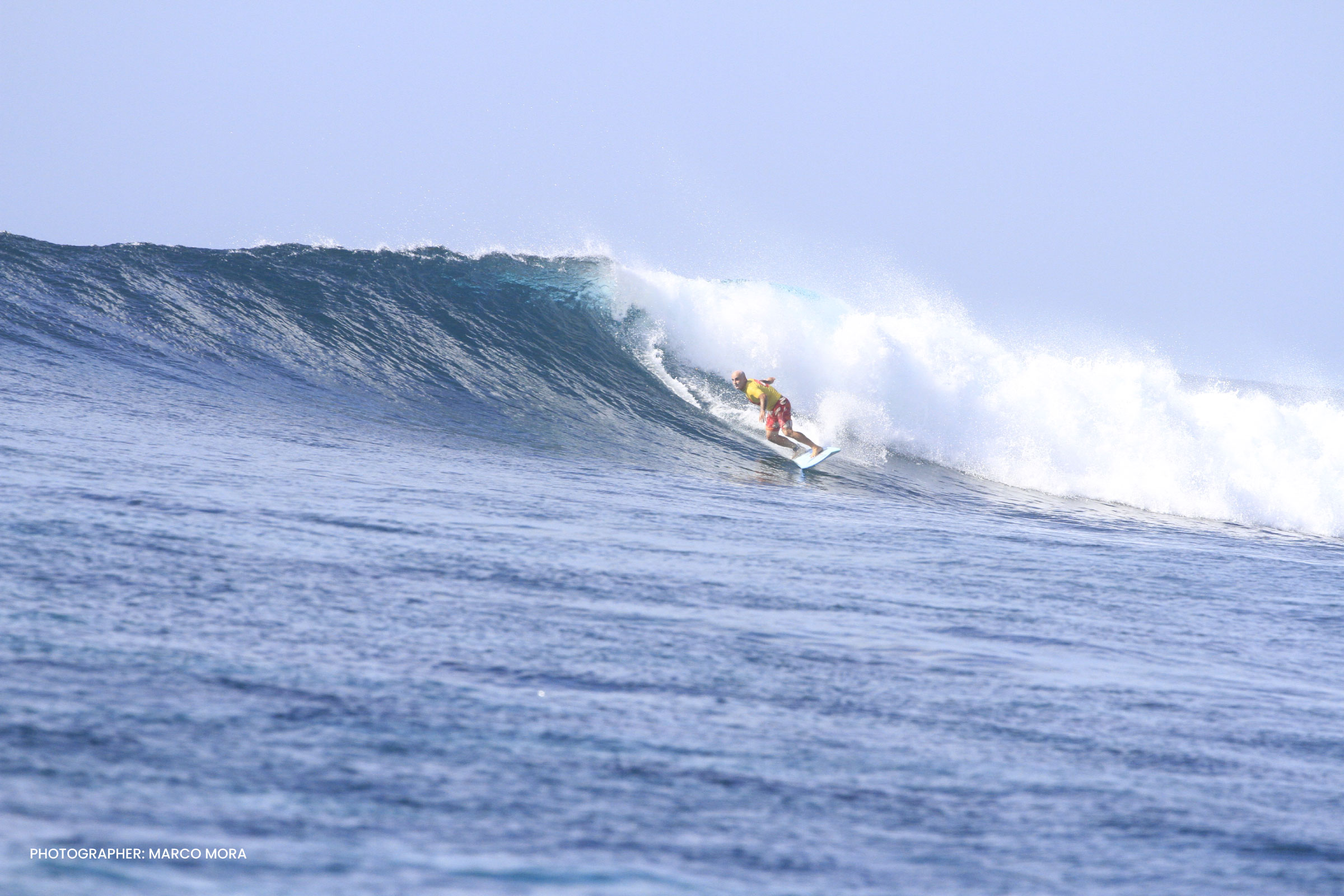
SURFING WITH Aitor Francesena
Professional surfer and world champion
Born in Zarautz, this surf trail-blazer in Spain and twice world champion, founded the first national school for this sport. We are talking about Aitor Francesena, better known as “Gallo“, a surf legend who continues to break barriers in and out of the water, despite being blind.
The sea for Gallo is not only a place of enjoyment, it is his office, his battle field and his haven. In addition to his work as a trainer and competitor, he has written two books, “Las olas contadas” and “Querer es poder” – available at Pukas Surf Shop –, and he also works with different foundations to encourage people to take care of the oceans and raise environmental awareness. We are today talking to him about his unwavering love of surfing, his incredible career and his deep connection with the sea.
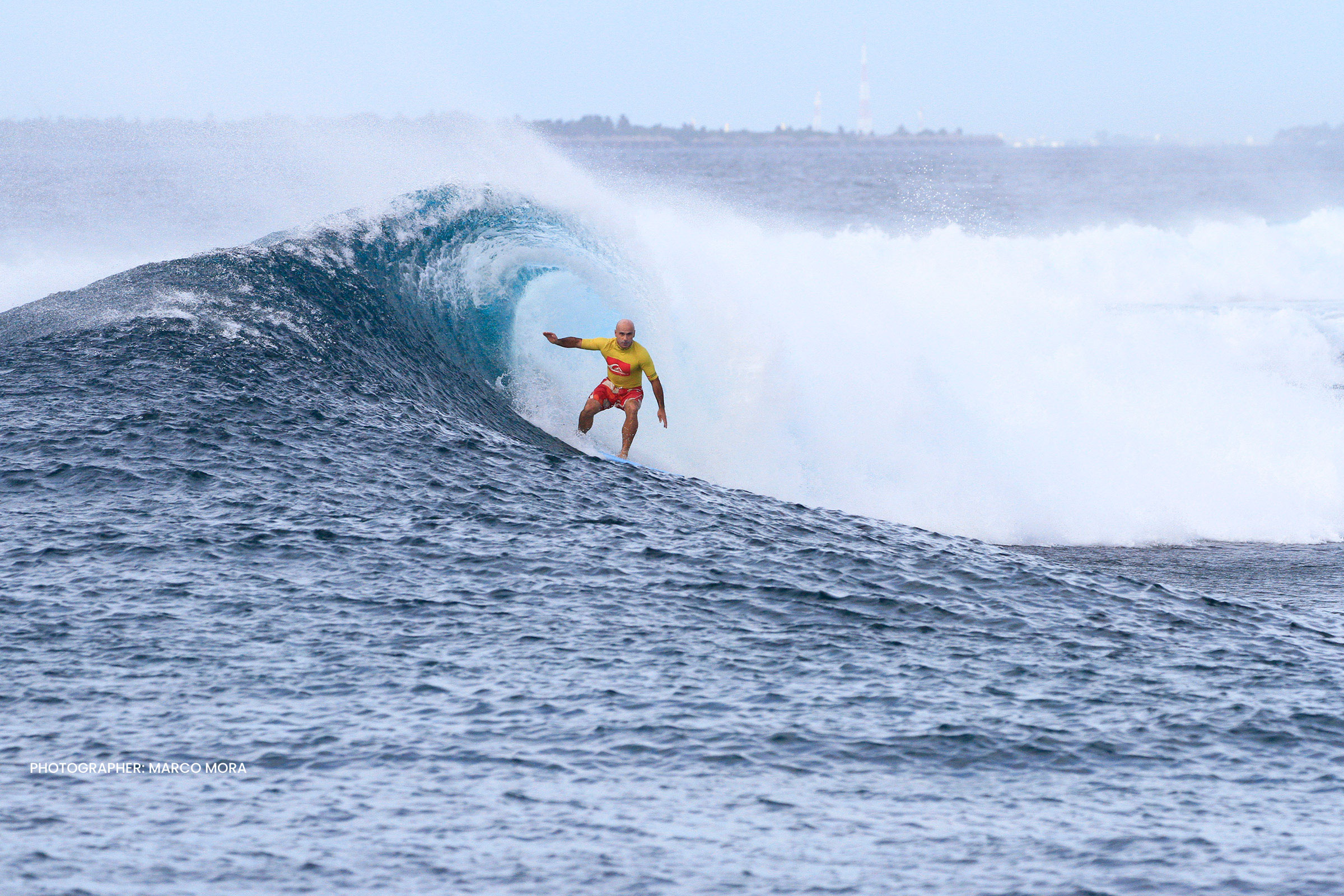
1. Let’s start with a little about yourself. Tell us about your early days in the world of surf.
I was born with congenital glaucoma, an eye disease. I was not allowed to do any sport at all when I was a child. Partly because my parents were frightened that any blow to my eyes would leave me blind. As they were born on a farm, their culture was also very work focused and there was no room for surf. So, I was banned from surfing and… well, you know. When you are young, something just has to be forbidden for you to be even keener to do it! At first, I was drawn to it because it was a challenge. It was a difficult sport and, also, I did not have a board – because my parents were not going to buy me one –. So, in the early days, I made my own boards and used them for this sport that so appealed to me.
It was amazing for me to be able to surf; since then, I have given it my all: from repairing boards and making them from scratch with friends, to setting up a surf school, being a technician with the national team, and, of course, competing. In 2012, I had an accident with an eye and I lost my sight completely. But that did not stop me and I have been going strong since then

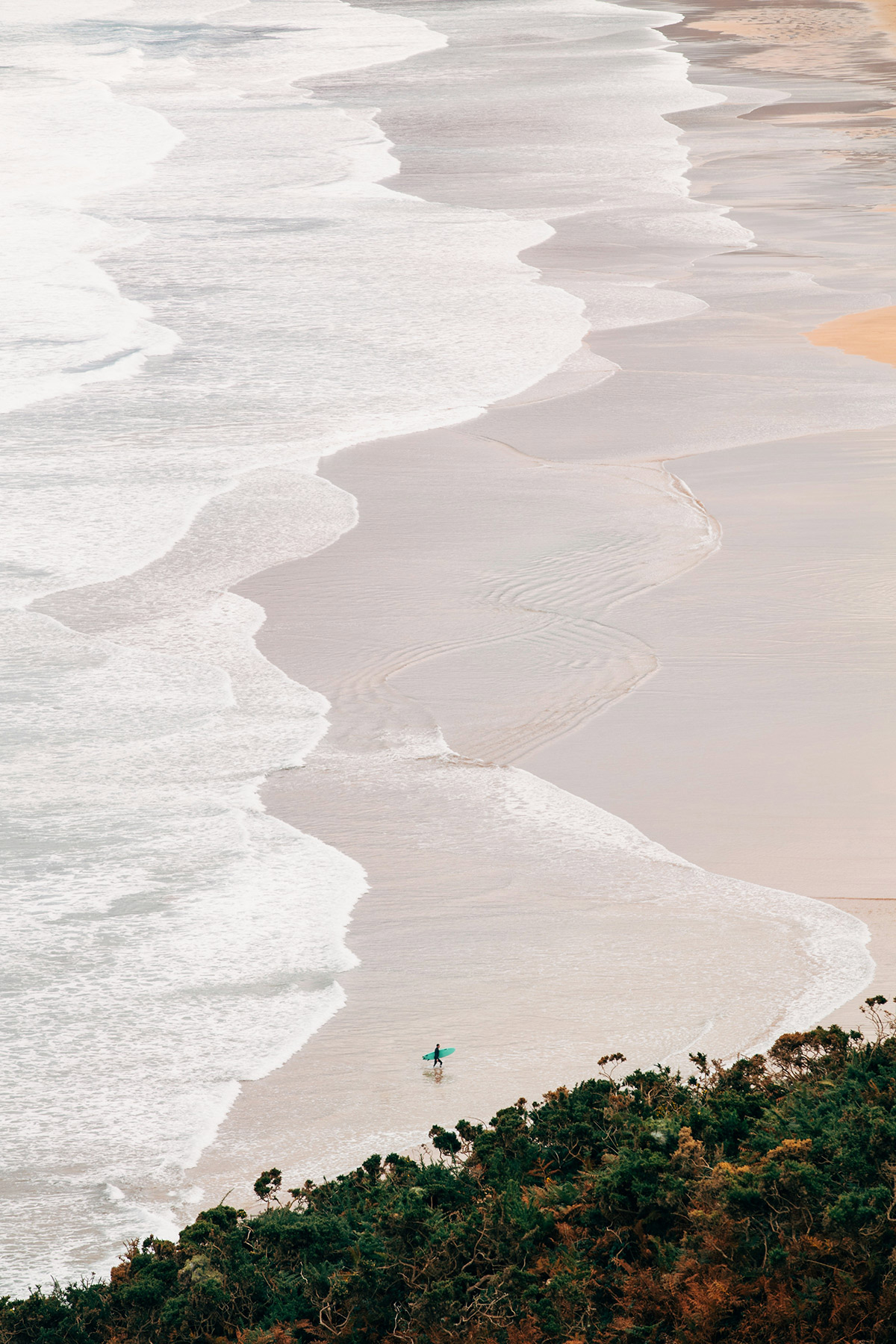
2. Tu carrera en el surf ha sido extraordinaria desde sus inicios, pero ¿qué lugar ocupa el surf en tu vida a nivel personal?
Sin duda el surf es muy importante en mi vida. Lo fue en su día cuando veía – ya que, como te comentaba, el surf era algo que había deseado desde muy joven – y lo ha seguido siendo después. ¿Qué voy a hacer? ¿Dejar de hacer lo que más me llena en la vida? De eso nada. Ahora tengo dos motivos por los que hacer surf: por un lado, lo necesito y por otro, me motiva para seguir, me da muchísima alegría.
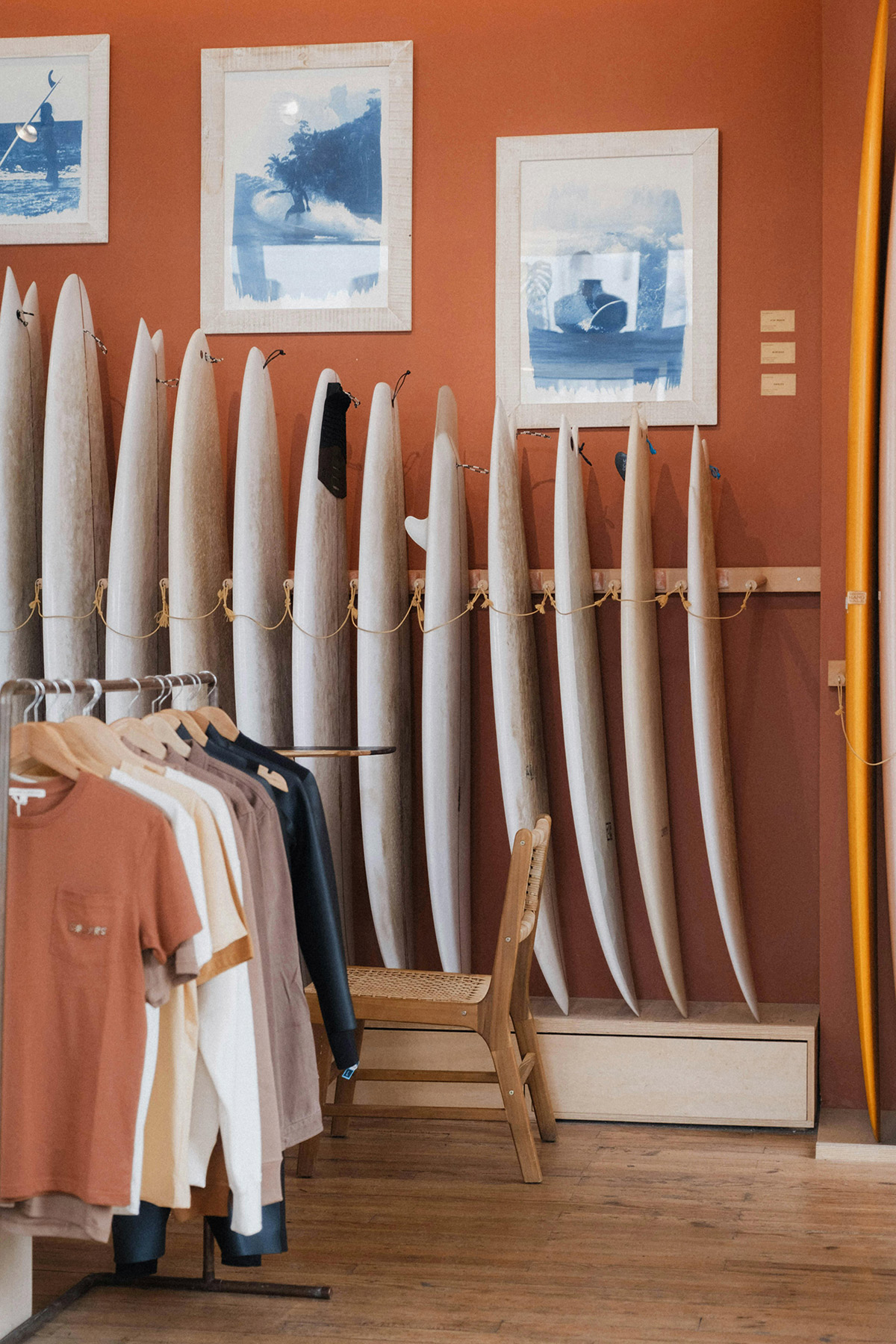
3. What do pass on to the new generations of surfers
Surfing is a sport that hooks you right from the start. It is so challenging, that when you manage to take your first steps and feel you are making progress, it is so exhilarating that you don’t want to stop. It is a sport that you fall in love with and you can surf all your life.
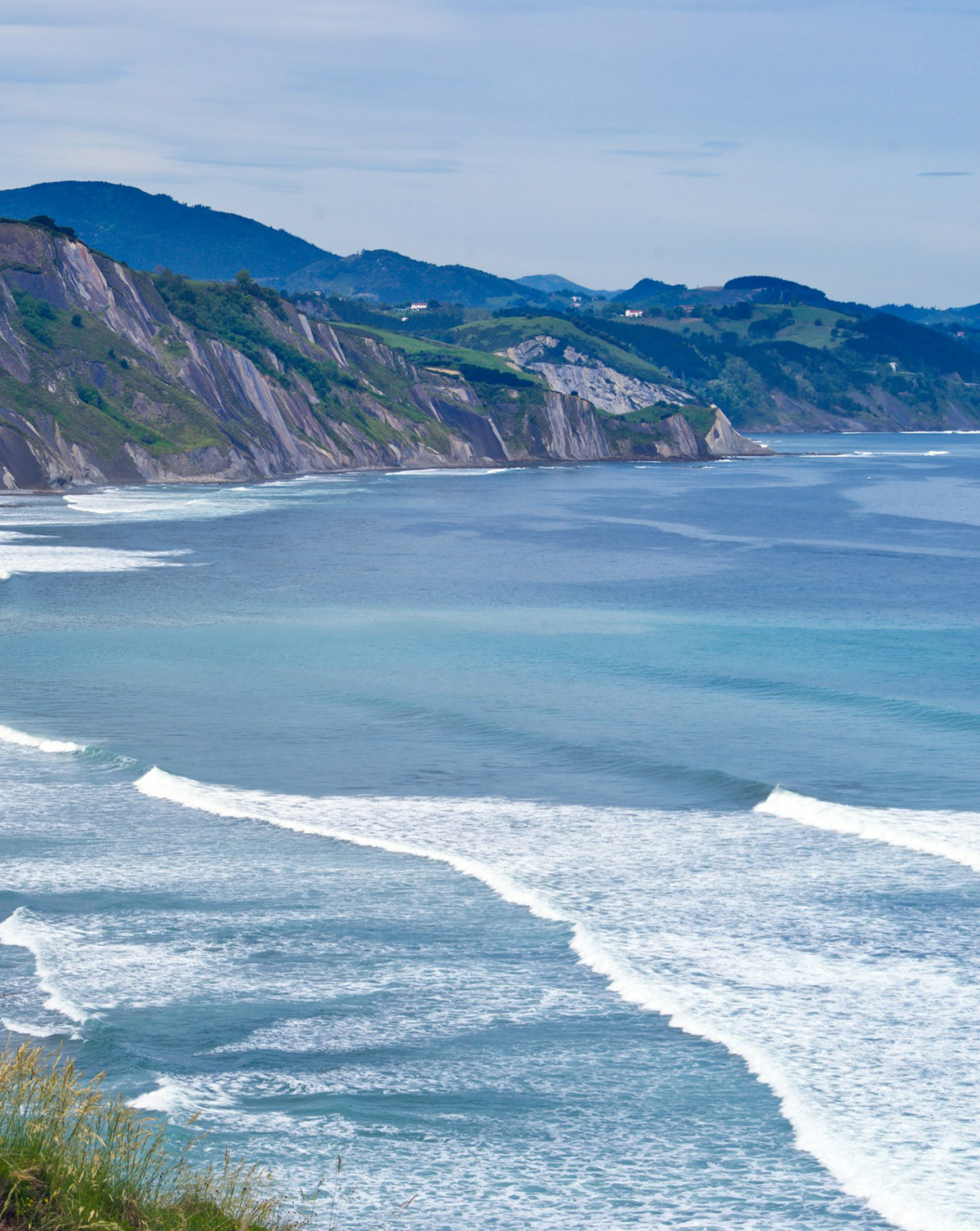
3.1 What do you think is the future of adapted surfing?
Adapted surfing is growing, but very slowly. I believe that the surfers are getting it right; we are working a great deal to increase our level and we are gradually clocking up greater achievements. The authorities and sponsors are also helping up a lot, but there is still much to be done.
.
4. You have surfed every type of wave during your career. Are you frightened when you are facing the huge ones? How do you manage that type of situation in the water?
All surfers are scared when a situation – or in this case a wave – overwhelm us. How can we deal with fear? There are different ways. One way would be to try to catch the wave as soon as possible. When you see that you are tackling the wave and surfing, the fear disappears. But the best way is to take it gradually and progressively. As you feel more at ease in the water and you are better interpreting and understanding a type of wave, you will become more confident and feel more comfortable when tackling ever bigger waves.
Swimming a lot is another thing that is a great help to overcome fear. If you feel safe in the sea, it will be easier to deal with the challenge of surfing ever larger waves.
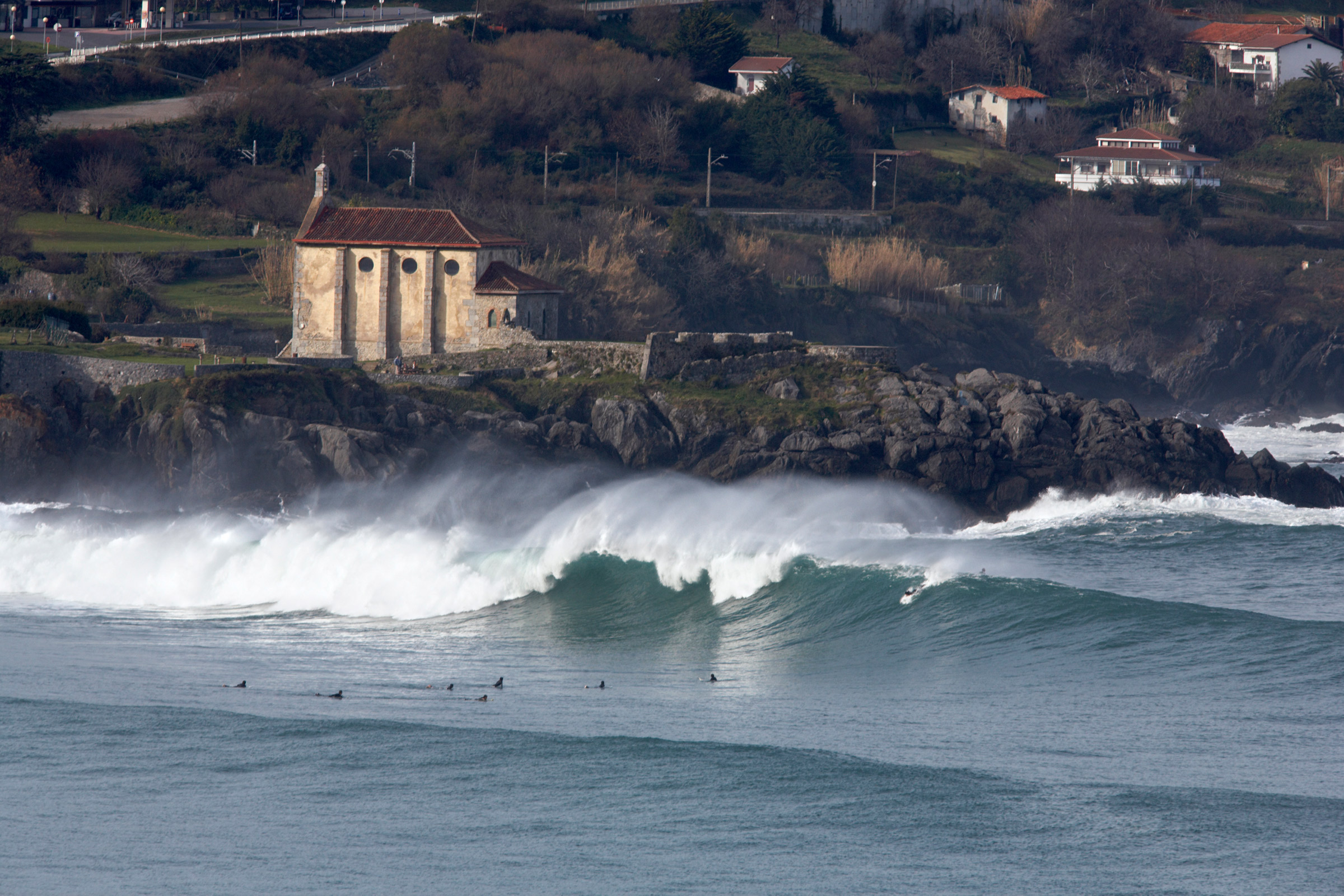
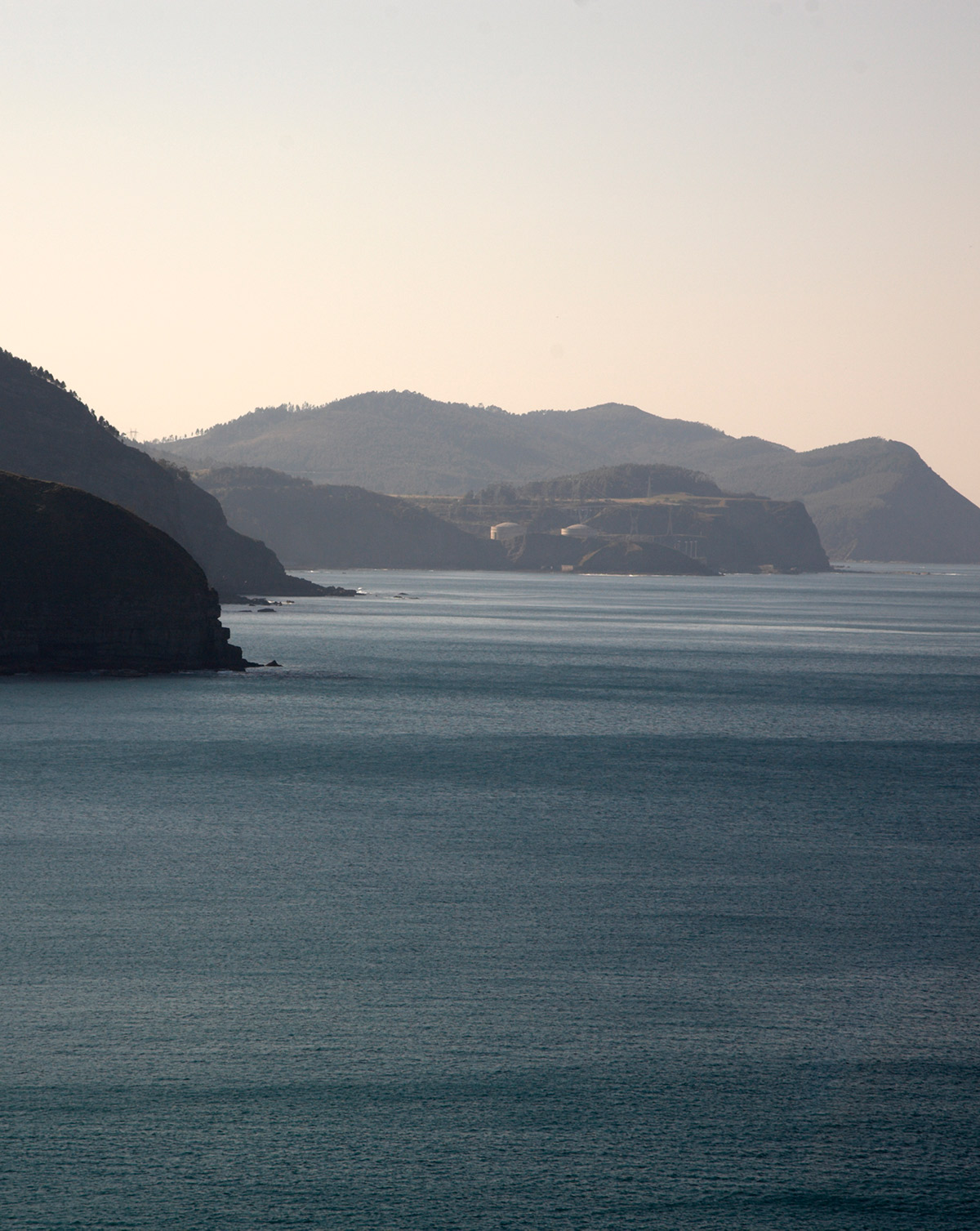
5. we have been told that you are training for the Los Angeles Paralympic Games in 2028. How are you preparing for this challenge?
Yes, I was… but we’ve been recently told that surfing is not going to be in the 2028 Paralympics. Anyway, I am going to continue competing internationally. I am a qualified physical trainer and I train three blocks: resistance, strength and speed.
The first is one of the most important. If you have done the ground work, you can withstand many, many hours in the water. No wave is alike and the more time you spend in the water, the more waves you ride and the better you get. The longer you practice, the better you will paddle, the better you pop up and you will be able to read how you should catch the wave.
Strength is something you gradually lose with age; it is fundamental to work on it by cycling, squats… there are many ways to work both the upper and lower body.
When it comes to speed, being flexible and fast when you surf is key. There are loads of stretches to work on your flexibility; and when it comes to cardio and explosive strength, there is swimming, running, cycling, skipping for very fast repetitions…
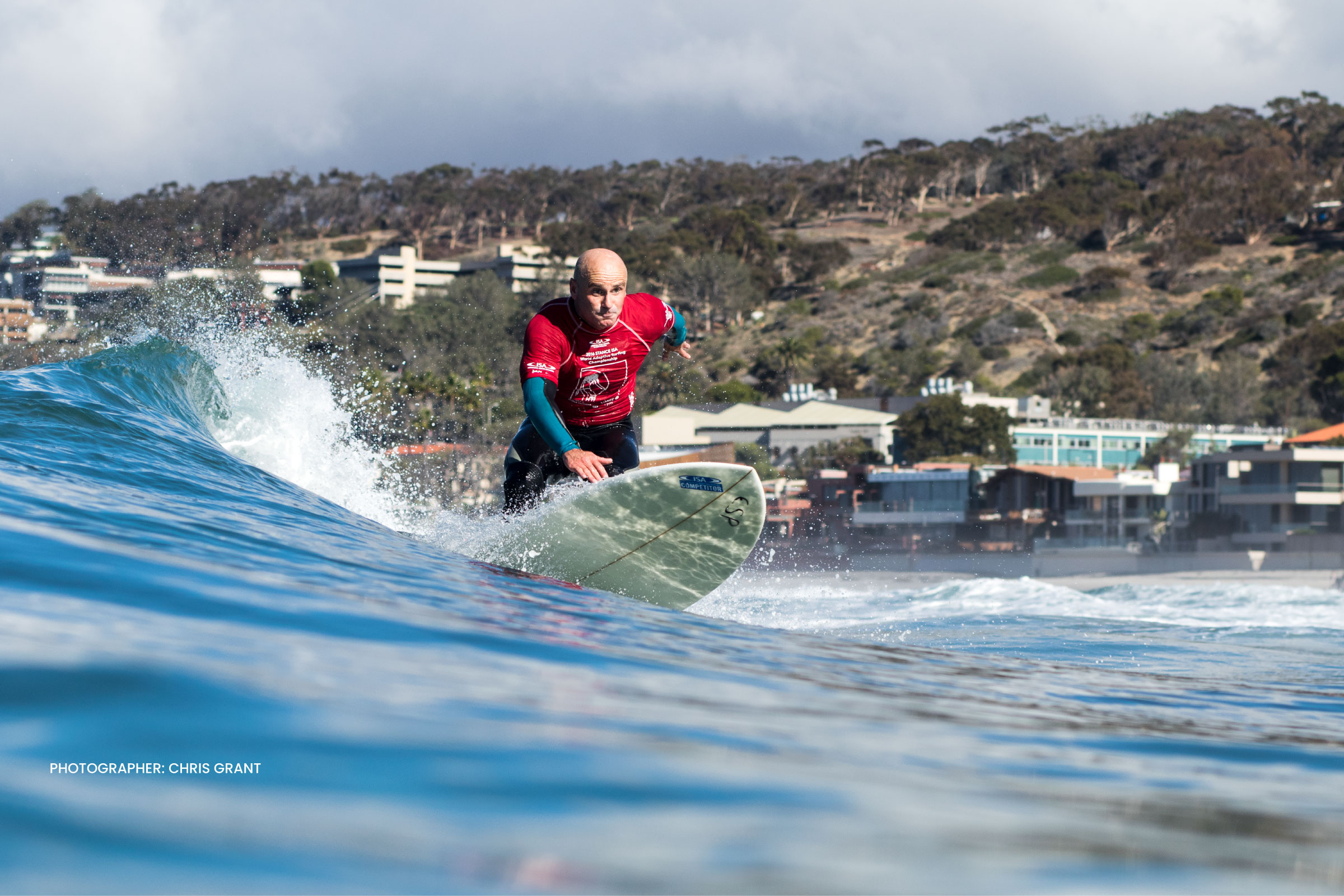
6. Pollution and plastic are one of the most serious problems facing our seas. From your experience, how have you noted that problem in the sea?
The problem of ocean pollution has been around for a long time, but it was not given the importance it deserved in the past. There is now more awareness in that respect, but waste still continues to be dumped. Not just plastics, but also soap and other invisible pollutants that seriously harm the marine ecosystem. Whenever I find rubbish in the water or on the beach, I collect it and throw it in the right container; And everybody should do the same. Even though the problem may seem huge and beyond our control, each small gesture counts.
We are many, with different abilities and influences; some will have a greater scope than others, but we must all do our bit as far as we are able. If we all do our bit, we can help to care for and protect the planet.
7. The sea is your office, your workplace and livelihood. From that perspective, what message would you like to send to the readers about the responsibility we have to look after our oceans?
Not only the oceans; I would like to see the planet well looked after. In the end, this is our home, that provides a living, and we all love to enjoy a clean beach, and well-kept parks and beaches, don’t we? Caring for the planet is a shared responsibility; we must all be more aware and do our bit to protect it, each of us within their possibilities.
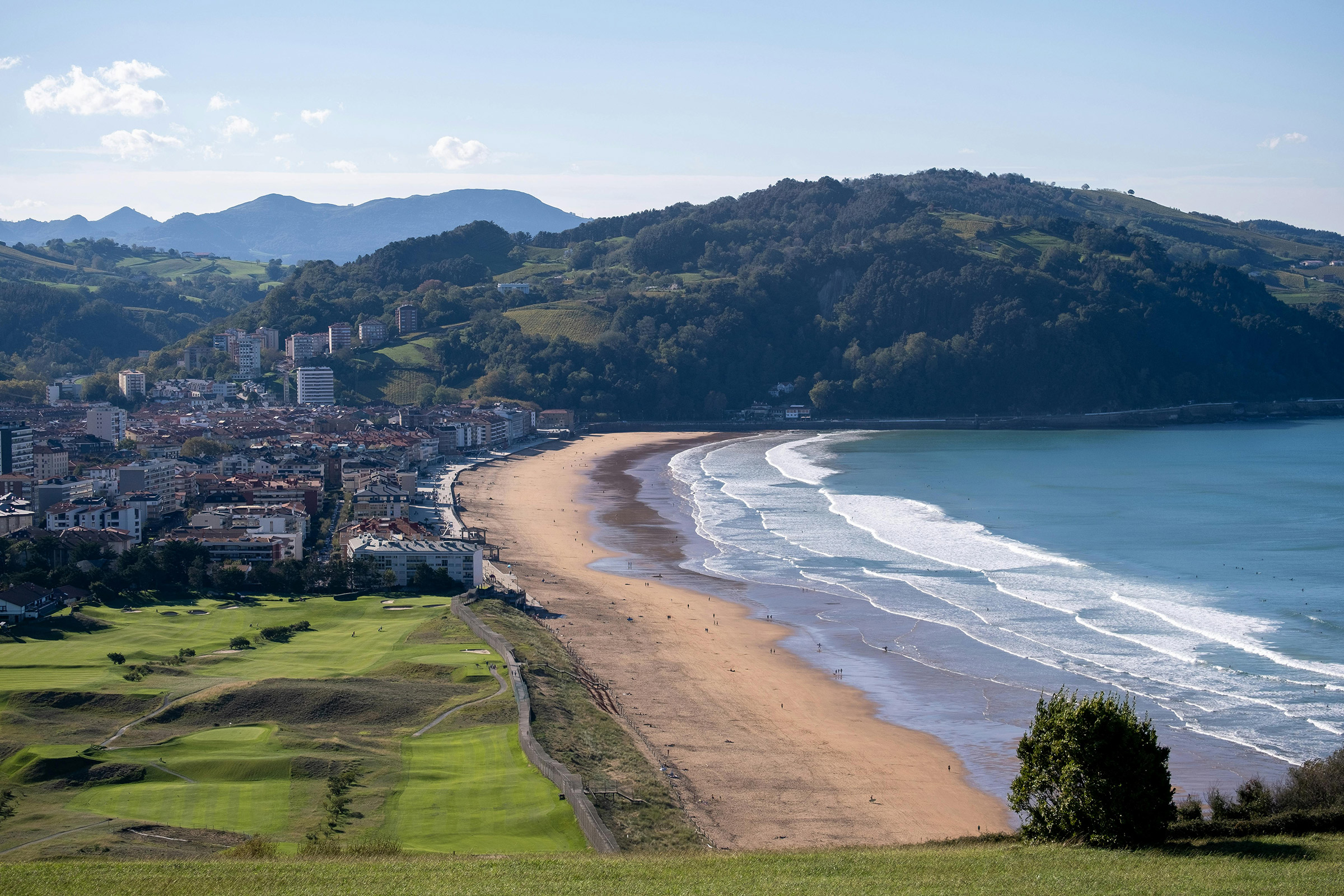
8. To end, what would you say to a person who is starting out with surfing and dreams of going far? What are the pointers to progress and enjoy this sport?
The first is to be clear where you want to go and how much effort you are ready to make to achieve that. Setting realistic goals is essential, considering your age, the time you can dedicate and your level of fitness. Surfing is a very demanding, but not impossible spot. Perseverance will be your best ally to make progress. Besides that, every time you leave the water, take a moment to think about what you have done well and what you can improve. Each wave is different and learning to read them is essential. The best surfer is not only the one who surfs big waves, but is also the one who knows how to adapt to any situation, with any type of board and in any type of conditions. The ability to adapt is what really makes the difference.
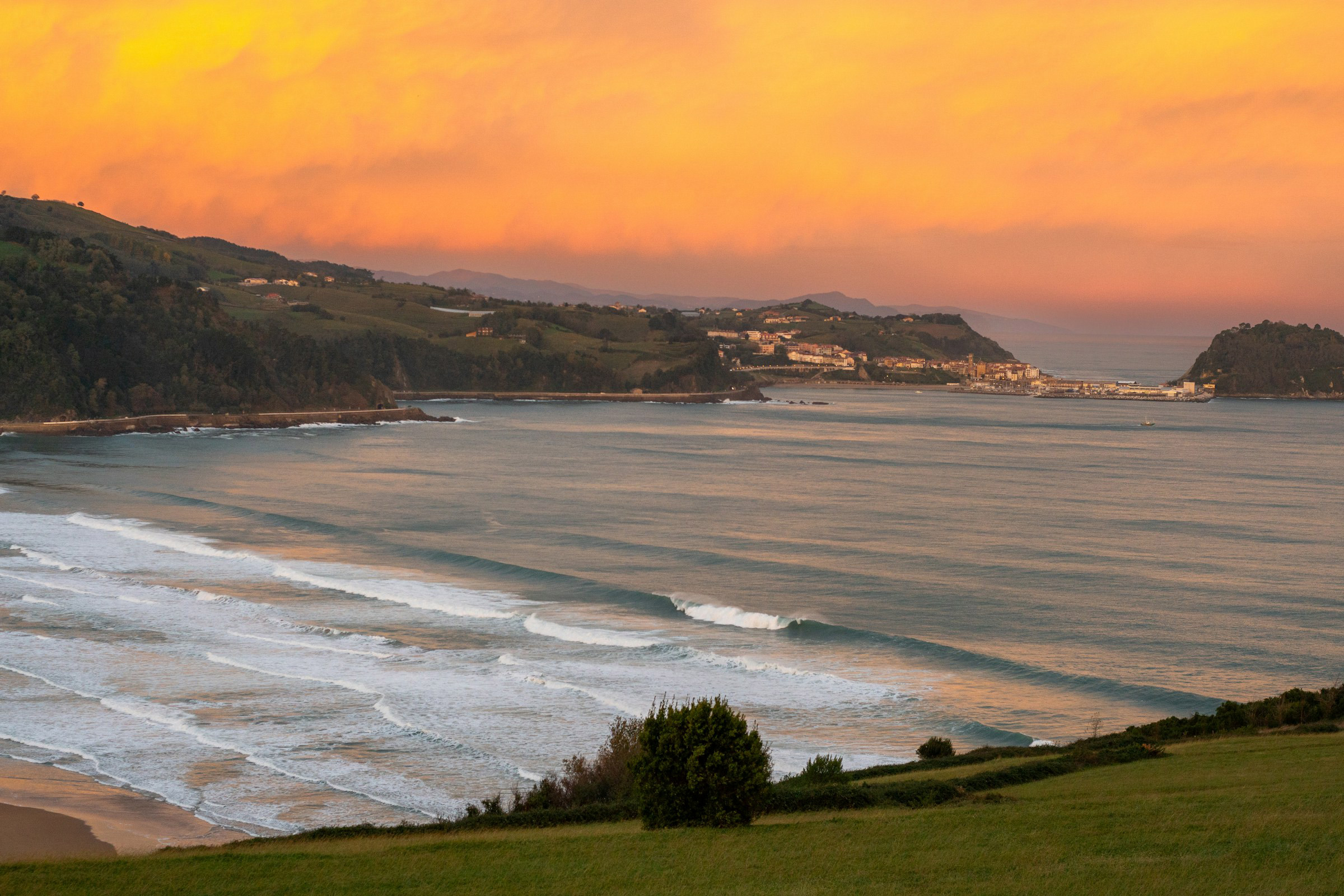
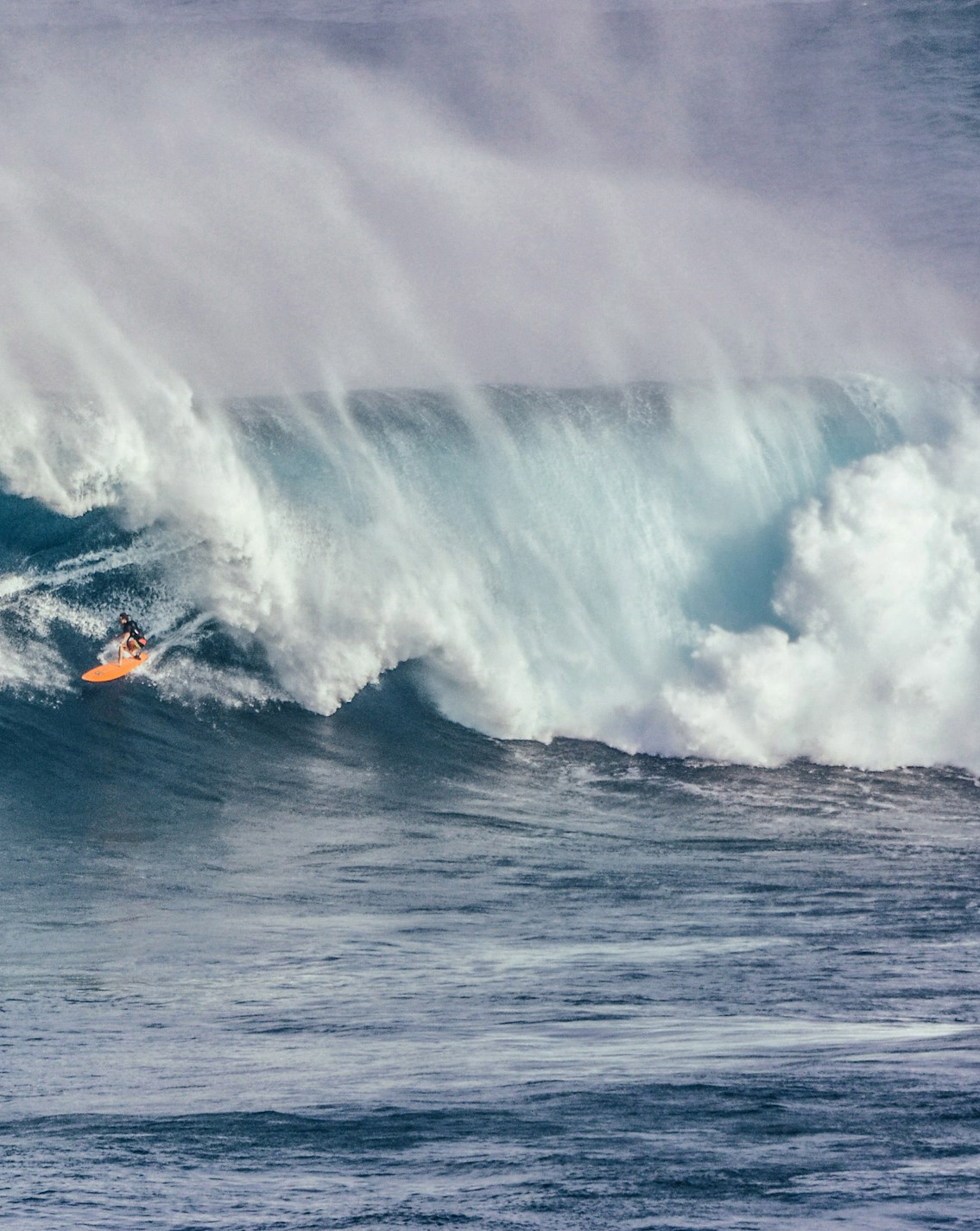
Aitor’s top tips:
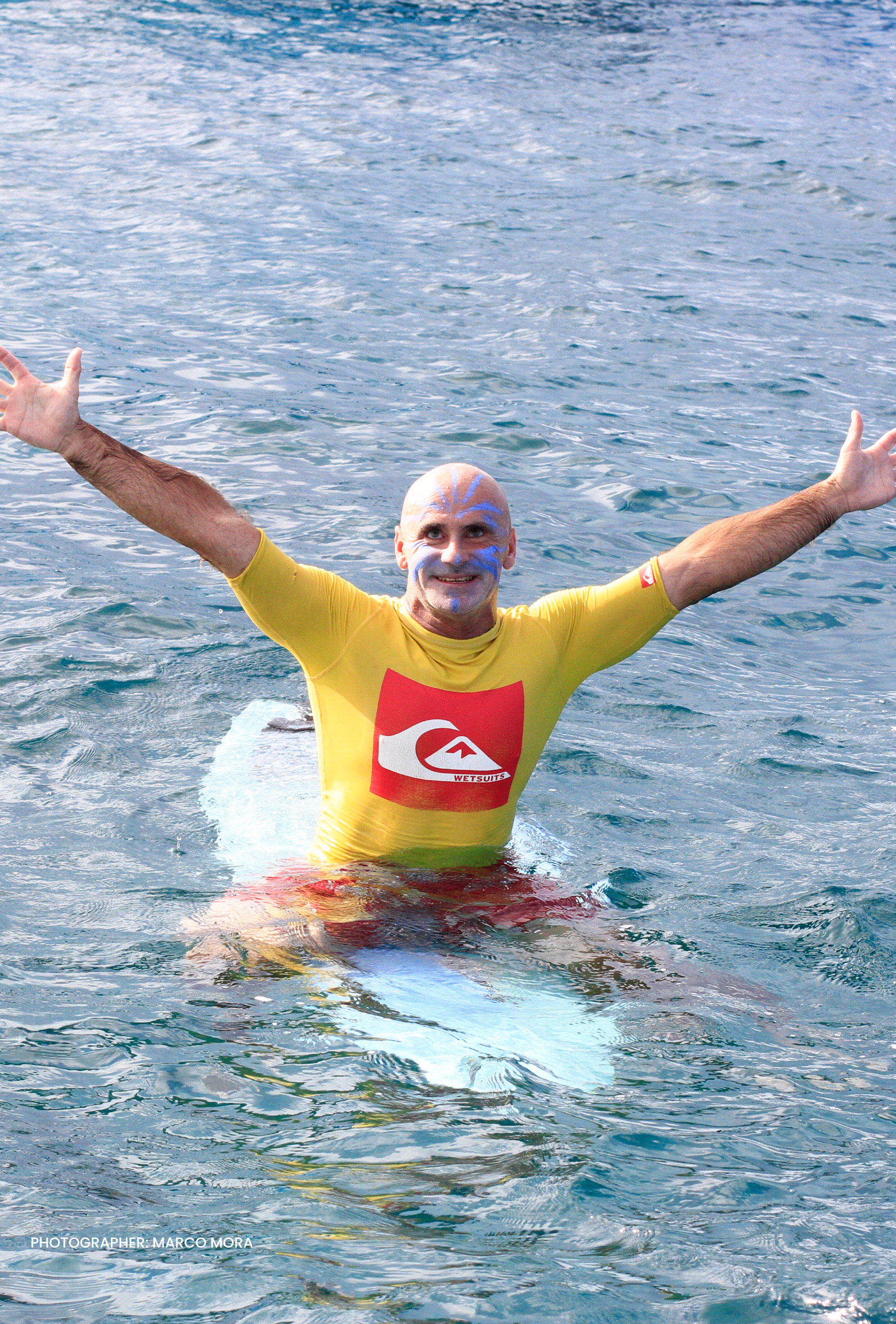
> 3 BEACHES TO SURF: Zarautz, Sopelana and Getaria.
> 3 RESTAURANTS: Urberu, in Itziar; Izeta, in Zarautz; and Juantxo Taberna, in San Sebastián.
> 3 COFFEE SHOPS: Pastelería Oiartzun, in San Sebastián – for its chocolates –; Pastelería JA Arguiñano, in San Sebastián and Zarautz – it has the most amazing pain au chocolat –; and Heladería Arrivati, the ice cream parlour in Zarautz.
> A SURF BOARD: Pukas, of course.
> YOUR BASIC KIT FOR SURFING: Towel, wetsuit, surf wax and grater.
> A MOMENT YOU WILL NEVER FORGET IN THE WATER: There are so many! From surfing with my daughter in Zarautz, to incredible sunsets at different beaches around the world or even surfing with dolphins.

